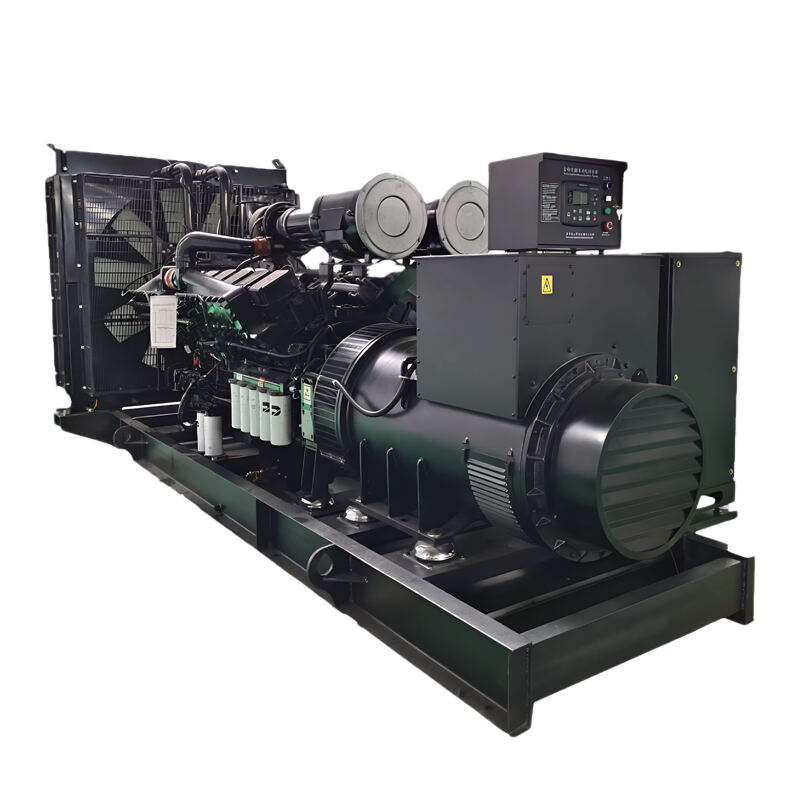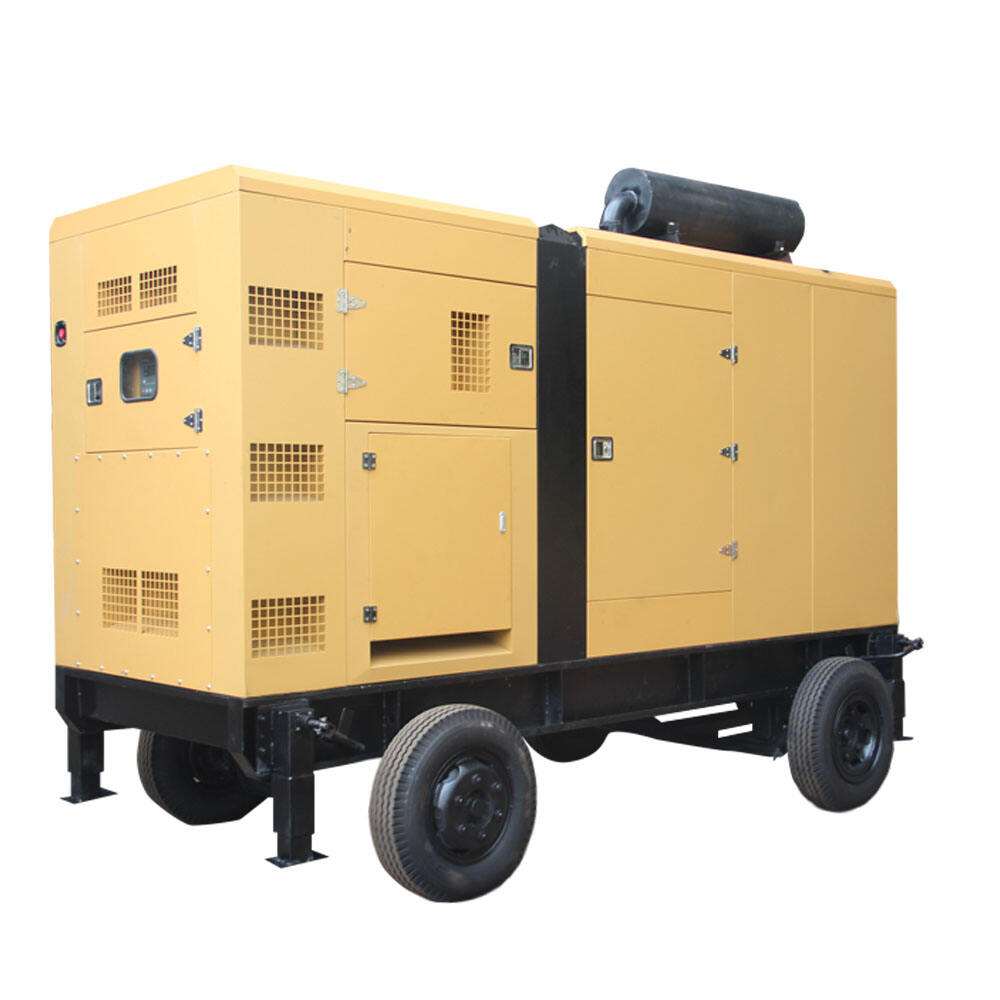Maximizing Generator Performance Through Proper Maintenance
A reliable power generator serves as the backbone of emergency preparedness for homes and businesses alike. Whether you're protecting your family from unexpected outages or ensuring business continuity during power failures, proper maintenance of your power generator is crucial for dependable operation when you need it most. Understanding the essentials of generator care not only extends its lifespan but also ensures optimal performance during critical moments.
The importance of regular maintenance cannot be overstated, as a well-maintained power generator can provide decades of reliable service. From routine inspections to preventive care, each maintenance step plays a vital role in keeping your backup power system ready for action. Let's explore the comprehensive approach to generator maintenance that will help you protect your investment and ensure peace of mind.
Core Maintenance Fundamentals
Regular Inspection Protocols
Every power generator requires systematic inspection to maintain peak performance. Begin by examining the unit's exterior for any visible damage, loose components, or signs of wear. Check all electrical connections for tightness and corrosion, as loose wires can cause operational issues or pose safety hazards. Inspect fuel lines and connections for potential leaks or deterioration, ensuring all fittings are secure.
Documentation plays a crucial role in maintenance tracking. Maintain a detailed log of all inspections, noting dates, findings, and any corrective actions taken. This record-keeping helps identify patterns and potential issues before they become serious problems, while also providing valuable information for service technicians.

Essential Fluid Management
The lifeblood of any power generator lies in its fluids. Regular oil changes are paramount, typically required every 50-200 operating hours depending on the model and usage patterns. Use manufacturer-recommended oil grades and change intervals to ensure optimal engine protection. Monitor oil levels between changes and watch for any signs of contamination or unusual coloration.
Coolant levels and condition also require consistent attention. Maintain proper coolant concentration to prevent freezing in cold weather and overheating in warm conditions. Flush and replace coolant according to the manufacturer's schedule, typically every two years or 2,000 operating hours, to prevent corrosion and maintain efficient heat transfer.
Critical Component Care
Filter System Maintenance
A power generator's filtration systems protect vital components from harmful contaminants. Air filters should be inspected monthly and replaced when dirty or damaged. In dusty environments, more frequent checks may be necessary. Fuel filters require regular replacement to prevent fuel system contamination and ensure smooth engine operation.
Oil filters play an equally important role in protecting the engine from wear. Replace them during every oil change to maintain proper lubrication and prevent debris circulation through the engine. Always use high-quality filters that meet manufacturer specifications to ensure optimal protection.
Battery Management
The starting battery represents a critical link in your generator's reliability chain. Test battery voltage monthly and clean terminals of any corrosion using a proper battery cleaning solution. Check water levels in serviceable batteries, topping up with distilled water when necessary. Consider replacing batteries every three years, even if they appear to be functioning well, to prevent unexpected failures.
Modern power generator systems often include battery maintainers or trickle chargers. Verify these are operating correctly and maintaining proper voltage levels. A well-maintained battery ensures reliable starting when your generator is needed most.
Advanced Maintenance Considerations
Load Bank Testing
Regular load bank testing provides crucial insights into your power generator's performance capabilities. This process involves running the generator under various load conditions to verify proper operation and identify potential issues. Schedule annual load bank tests to ensure your generator can handle its rated capacity and maintain stable voltage and frequency.
During load bank testing, monitor exhaust color, engine performance, and operating temperatures. These indicators can reveal underlying problems that might not be apparent during normal operation or light-load conditions. Professional technicians can interpret these results and recommend necessary adjustments or repairs.
Fuel System Optimization
Fuel quality directly impacts generator performance and reliability. For diesel generators, prevent fuel degradation by treating stored fuel with appropriate stabilizers and biocides. Regularly test fuel quality and remove water or sediment that may accumulate in storage tanks. Consider fuel polishing services for long-term storage situations.
Natural gas and propane generators require different attention. Inspect fuel lines for leaks, verify proper gas pressure, and ensure regulatory compliance. Schedule professional inspection of fuel system components annually to maintain safe and efficient operation.
Frequently Asked Questions
How often should I run my power generator for maintenance?
Exercise your generator weekly for at least 30 minutes under load to maintain mechanical components, prevent fuel system issues, and ensure reliable operation. This regular exercise helps identify potential problems before an emergency occurs and keeps engine parts properly lubricated.
What signs indicate my generator needs immediate service?
Watch for unusual noises, excessive vibration, smoke from the exhaust, difficulty starting, or unstable operation. These symptoms warrant immediate professional attention. Also, monitor oil consumption, fuel efficiency, and battery performance for any significant changes that might indicate developing problems.
When should I schedule professional maintenance visits?
Schedule comprehensive professional maintenance at least annually or every 200 operating hours, whichever comes first. However, commercial or critical installation generators may require more frequent service. Professional technicians can perform advanced diagnostics, adjustments, and repairs beyond typical owner maintenance capabilities.

